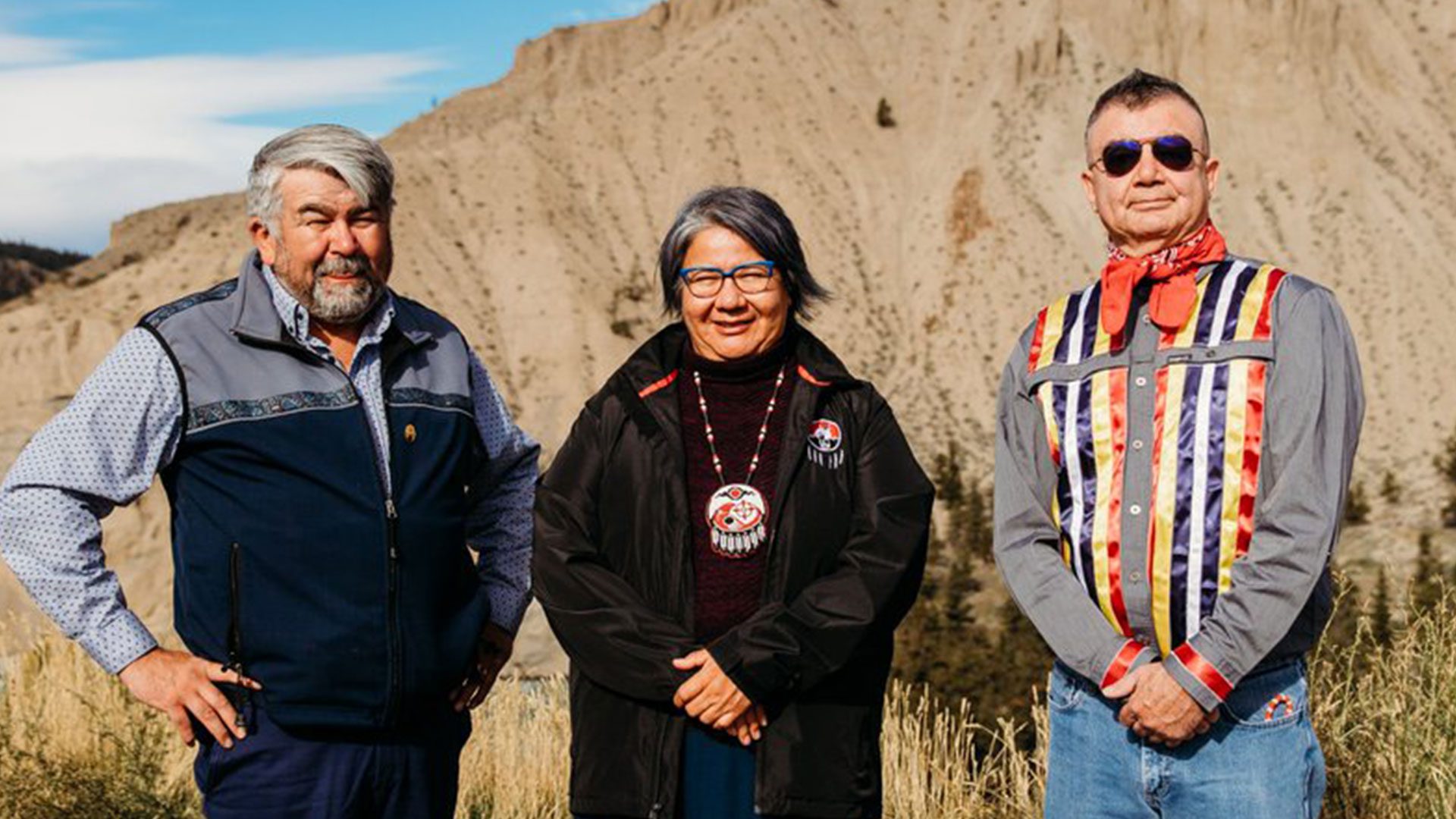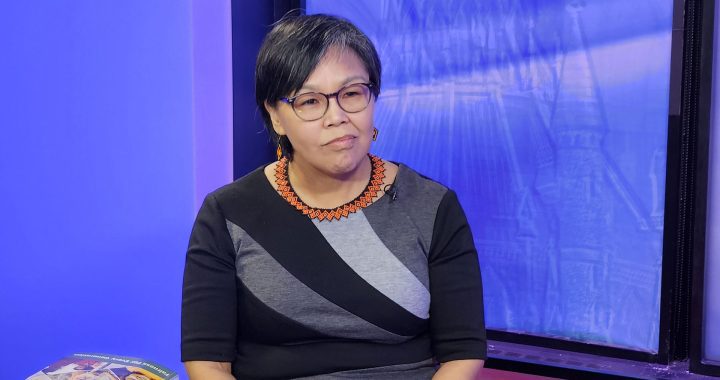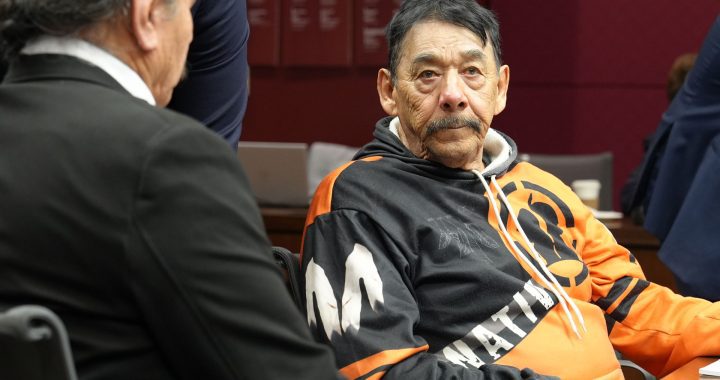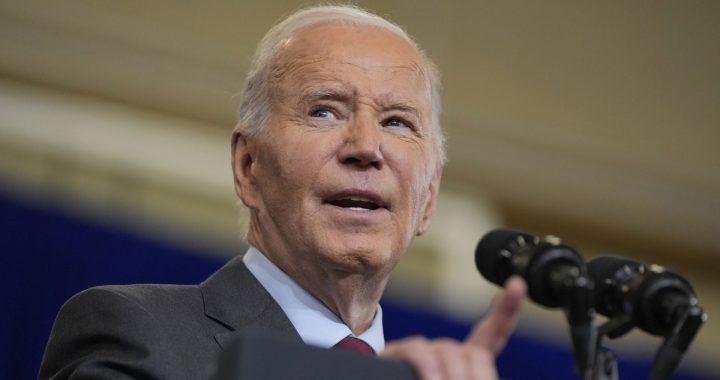The Assembly of First Nations (AFN) is facing it’s “biggest crisis in the 40-year history of the organization,” says Niigan Sinclair, an Indigenous studies professor at the University of Manitoba in Winnipeg.
Sinclair, who also writes columns for the Winnipeg Free Press, said the last few weeks have been “a colossal embarrassment.”
“It’s really a situation of a civil war, a democratically elected national chief who has been ousted, rather unconstitutionally by staff and regional chiefs. And then regional chiefs who have had allegations of corruption by the National Chief on the side,” said Sinclair during an interview with APTN News on Wednesday.
The AFN will hold its annual general assembly in Vancouver on July 5-7.
An AFN statement released on June 17, announcing the suspension of the national chief over a breach of “her obligations to the AFN” also said that RoseAnne Archibald was prohibited from attending the AGA.
“I’m hearing from sources, rather well up sources in the regional chiefs’ circles that there’s an actual security firm that being told to keep her out of the meeting, itself,” said Sinclair who adds it will not be a good look.
Reached by phone on Wednesday, AFN Regional Chief Paul Prosper said he didn’t have any knowledge of a security firm being asked to keep Archibald out.
Prosper, who represents Nova Scotia-Newfoundland said “it’s a decision that solely rests with the national chief” if she decides to attend or not.
According to Prosper, Archibald “is still suspended.”
The provisional agenda for the AFN’s 43rd AGA has Archibald listed as doing numerous updates and addresses. Prosper said it’s “customary for the agenda to go through a number of revisions.”
Read More:
A show of solidarity for Archibald is planned for July 5, at the AGA at the Vancouver Convention Centre.
The event, on the national chief’s Facebook page, is described as “a grassroots welcoming for National Chief RoseAnne Archibald with drums and song to show our support for the good work she is doing to uncover and shed light on the long-standing issue of misspending in the AFN and systemic gender-based discrimination.”
When asked for comment, Archibald replied, “please stop saying and writing that I’m suspended as national chief, it’s not true.”
Archibald said Prosper had previously acknowledged as much. Prosper could not be reached again for clarification.
Archibald did pick up additional support on Wednesday.
In a statement, the Tŝilhqot’in National Government said it “stands with Assembly of First Nations (AFN) National Chief Roseanne Archibald in her call for a forensic audit and fundamental reform at AFN.”
In the statement, Tribal Chair Joe Alphonse said “the actions of the AFN executive committee and board of directors are absolutely shameful. Chiefs across the country elected National Chief Archibald – let her do her job.”

The Union of British Columbia Indian Chiefs executive has also previously said it stands with Archibald “in demanding a forensic audit of the AFN.”
Sinclair said many in the non-Indigenous world want to believe that Indigenous governments are corrupt and not capable of handling government affairs and he expects those stereotypes to be played up in the coming days.
“It’s really a colossal failure on both sides,” said Sinclair. “Particularly, by the national chief by not being able to bring people onto her side of her vision. And then on the other side, the regional chiefs who seem to just not want change in any direction.”
Sinclair said he doesn’t see a solution other than “a court battle.”
“This was supposed to be the most progressive year in the AFN history. The first elected female national chief would come in promising to provide transparency for the organization, to restructure what really has become an irrelevant, old boys club in so many different ways,” said Sinclair.
“And the fact is that communities don’t really get any representation in the AFN, never have, but particularly in recent years when the national chief is working so closely with the federal government.”
Sinclair said the federal government also has something to lose with the AFN in a “log jam.”
“The federal government needs the AFN more than the AFN needs the federal government,” said Sinclair. “If the AFN were to fall apart, the federal Liberals would have nobody to participate with, to appear at meetings with and they would have to go to individual Chiefs on individual or regional chiefs organizations.”










